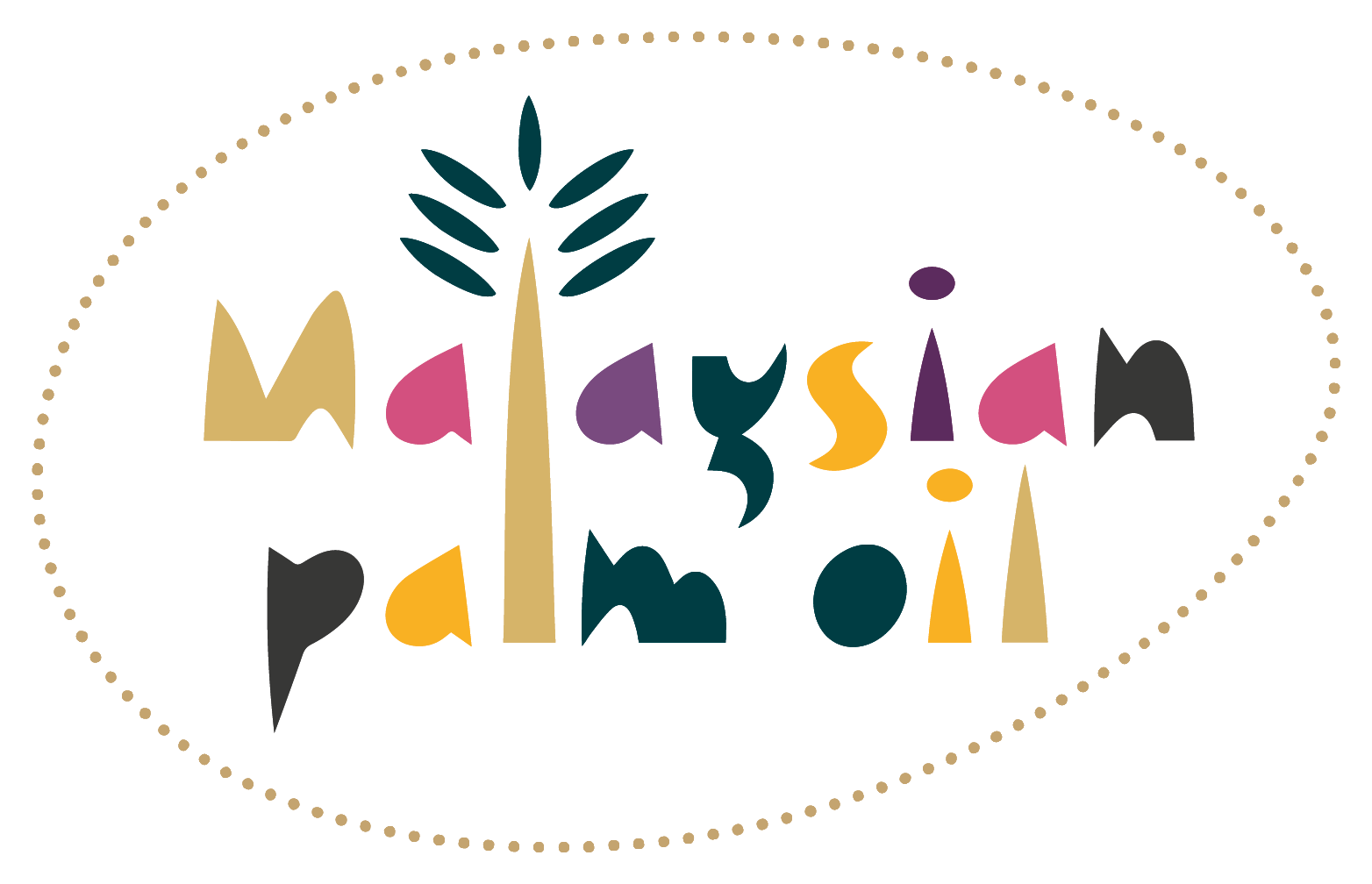By: Dr. Jonathan Ellen
The current public debate around dietary health features old-fashioned misinformation, but we are also living in a time of exciting modern opportunities. That is the takeaway from a recent webinar at which I spoke with the Malaysian Palm Oil Council (MPOC).
Malaysia finds itself at the intersection of these two elements â the past and the future â because of its role as producer of the worldâs leading vegetable oil and fat. The future is represented by the important new research and innovation undertaken by companies in Malaysia, and around the world, into new uses for palm oil. In particular, the pro-Vitamin A beta carotenes and Vitamin E tocopherols and tocotrienols that are present in virgin red palm oil, could have uses as widely as helping to prevent child blindness, alleviating stress, and lowering cholesterol, among others.
My fellow speaker, Mr. Bryan See from PhytoGaia Sdn Bhd, explained that trials of red palm oil for all of these uses and more, including as a nutritional supplement in both developing and developed countries, are already underway.
The enthusiasm for such an innovative future is sometimes tempered by the presence of ghosts from the past. In this case, the stubbornness of old myths and misinformation around human diet and health, refuse to go away. The claim that a balanced diet that includes saturated fats is harmful and that saturated fats should be cut from diets is disproven, but still shared. The myths that palm oil is a seed oil, or that it contains trans fats are demonstrably untrue, but persist, nevertheless.
Misinformation around health is still spread through networks including on social media and in lifestyle entertainment purporting to serve as health authorities. Sometimes, their wrong ideas are amplified by political leaders or other stakeholders looking to boost their profile.
When regulators and lawmakers become involved, harmful rules and laws can be passed. âFat taxesâ have been proposed or imposed in various countries. The outcome? Food becomes more expensive for poor communities. Bureaucratic rules on labelling raises costs, so again, prices rise, leaving those in vulnerable situations hit the hardest. This is why such myths and misinformation amount to much more than âharmless gossip.â
Palm oilâs low cost remains a significant point of difference. This helps to reduce food prices, widen food availability for poor communities and prevent health inequalities from rising. In an era of rising inflation â and rising inequality â that should be a point of pride for Malaysia.
Our webinar also discussed how best to address misinformation on health and diet, specifically.
First, speak in plain language. Consistently and widely communicating simple, easy-to-understand scientific facts is crucial. Getting lost in technical explanations about lipid profiles will lose the general audience.
The most effective, and most accurate, communication around diet and health should be centred upon balance. A balanced diet is a healthy diet. Saturated fats and palm oil are a normal part of that diet alongside other core food groups: fruit, vegetables, protein and others.
Second, engage with todayâs trends. Scientists and industries cannot rehash the old debates of the 1980s or 1990s. We must engage with the debate today. That means addressing the controversy around seed oils. It also means understanding why some foods are fashionable (e.g. coconut oil) whereas other, nutritionally-similar foods (e.g. palm oil) are not. It is important to emphasize that palm oil is also vegan and non-GMO, both of which are trends with cachet amongst some consumer groups, especially younger consumers. Similarly, it is critical to remind the public that palm oil is free of trans fats.
As our webinar pointed out, there are innovative and new markets potentially emerging, such as supplements, for Malaysiaâs palm oil sector and associated supply chains. The traditional market of palm oil as a cooking oil and a food ingredient is still dominant, however. Old misinformation spread by new technologies is potentially a threat to both, and consistent and clear communication is more important than ever.
Dr. Jonathan Ellen is the CEO of Connections for Health and the former CEO and physician-in-chief at John Hopkins All Childrenâs Hospital.
